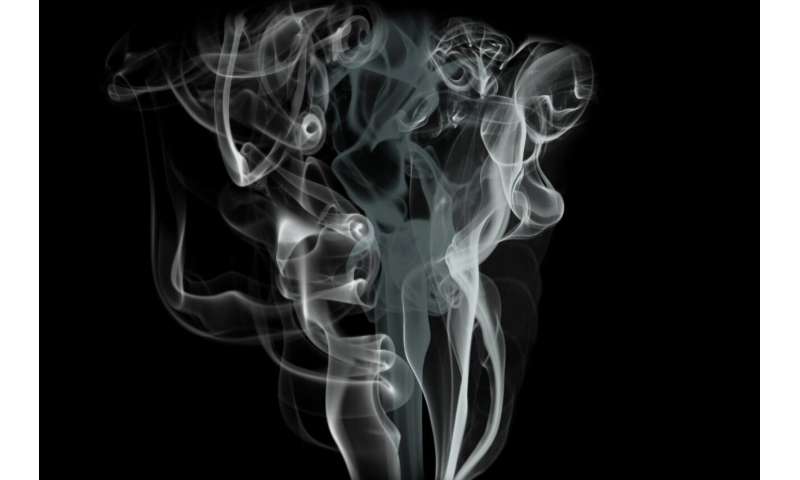
The largest and most authoritative research trial of its kind testing the Allen Carr’s Easyway (ACE) method of quitting smoking has detected no difference in success rates between ACE and a specialist stop smoking service in the UK.
The research, conducted by the Centre for Addictive Behaviours Research (CABR) at London South Bank University (LSBU) and St George’s, University of London, is published today in the academic journal Addiction.
ACE produced an abstinence rate six months after the target quit date of 19 per cent, compared with 15 per cent for the specialist service. This independently conducted randomised controlled trial had 620 participants, with 310 in ACE and 310 in the specialist service. Abstinence from smoking was verified by measuring carbon monoxide in the exhaled breath of participants.
The ACE method emphasises a drug-free approach to smoking cessation. ACE comprises a single (four and half to six hour long) group session with subsequent supportive text messages and top-up sessions if needed. It aims to convince smokers that smoking provides no benefits. In comparison, the standard treatment from the UK National Health Service focuses on nicotine replacement therapy (NRT) or ‘Champix’ plus several weekly sessions of psychological support.
The results of the study reflect these different approaches: 91 per cent of specialist treatment participants who successfully quit used NRT, Champix or an e-cigarette. In contrast, in the ACE group, only 13 per cent of those who successfully quit used these products.
Professor Daniel Frings, from the research team, said “In a gold-standard randomised controlled trial, we observed levels of smoking quit rates indistinguishable from a specialist intervention combining 1-1 psychological support with NRT. These findings offer compelling support for the efficacy of the ACE method for smoking cessation.”
Source: Read Full Article
